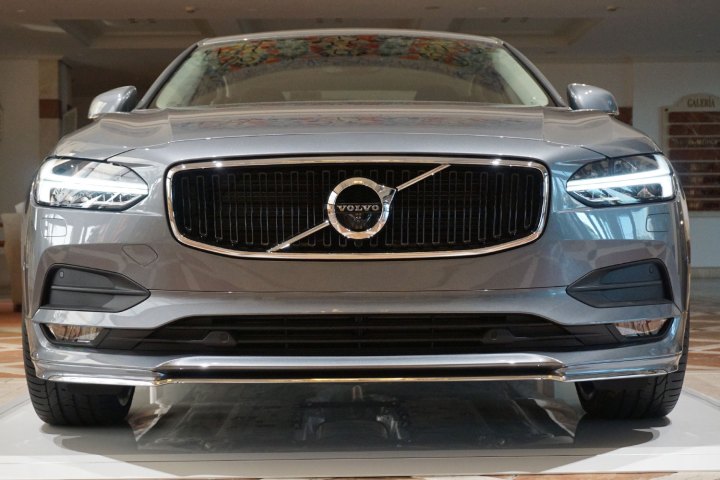
As the two companies noted in a joint release on Tuesday, the new venture will be headquartered in Gothenburg, Sweden, and will begin its operations in 2017. The plan is for the yet-to-be-named company to “develop advanced driver assistance systems (ADAS) and autonomous drive (AD) systems for use in Volvo cars and for sale exclusively by Autoliv to all car makers globally.” As self-driving cars continue to trend across both automotive and technology companies’ road maps, Volvo and Autoliv are hoping to make their mark on the safety of this next-generation technology.
“By combining our know how and resources we will create a world leader in AD software development,” said Samuelsson, highlighting Volvo’s reputation for making safe, dependable vehicles (the company actually invented the three-point safety belt). “This means we can introduce this exciting technology to our customers faster.”
Jan Carlson, chairman, chief executive and president of Autoliv, echoed these sentiments, noting, “There are no two companies that can claim to have done more for automotive safety worldwide than Autoliv and Volvo. This new company is a recognition of the fact that autonomous driving is the next step to transform road safety.”
Volvo previously announced a partnership with Uber to develop autonomous cars, and has also previously announced the launch of self-driving pilot projects in a number of cities across the world, including Pittsburgh, London, and China.
Editors' Recommendations
- Tesla Autopilot vs. full self-driving: What’s the difference?
- Beleaguered robotaxi startup Cruise lays off quarter of workforce
- Cruise’s robotaxi service suspended by California regulator
- Waymo expands robotaxi service area in San Francisco
- Cruise autonomous vehicle drives over woman just after she was hit by another car

